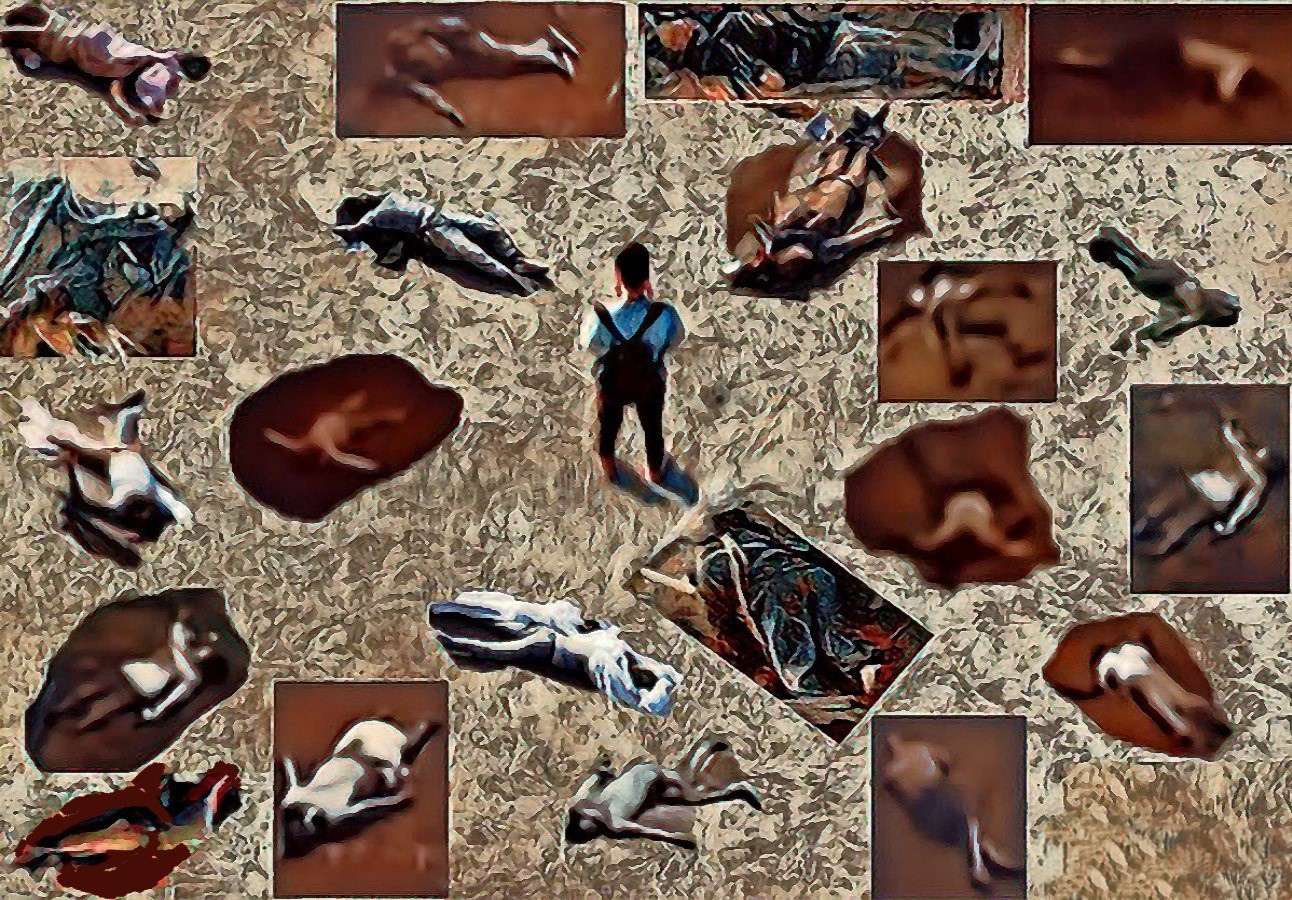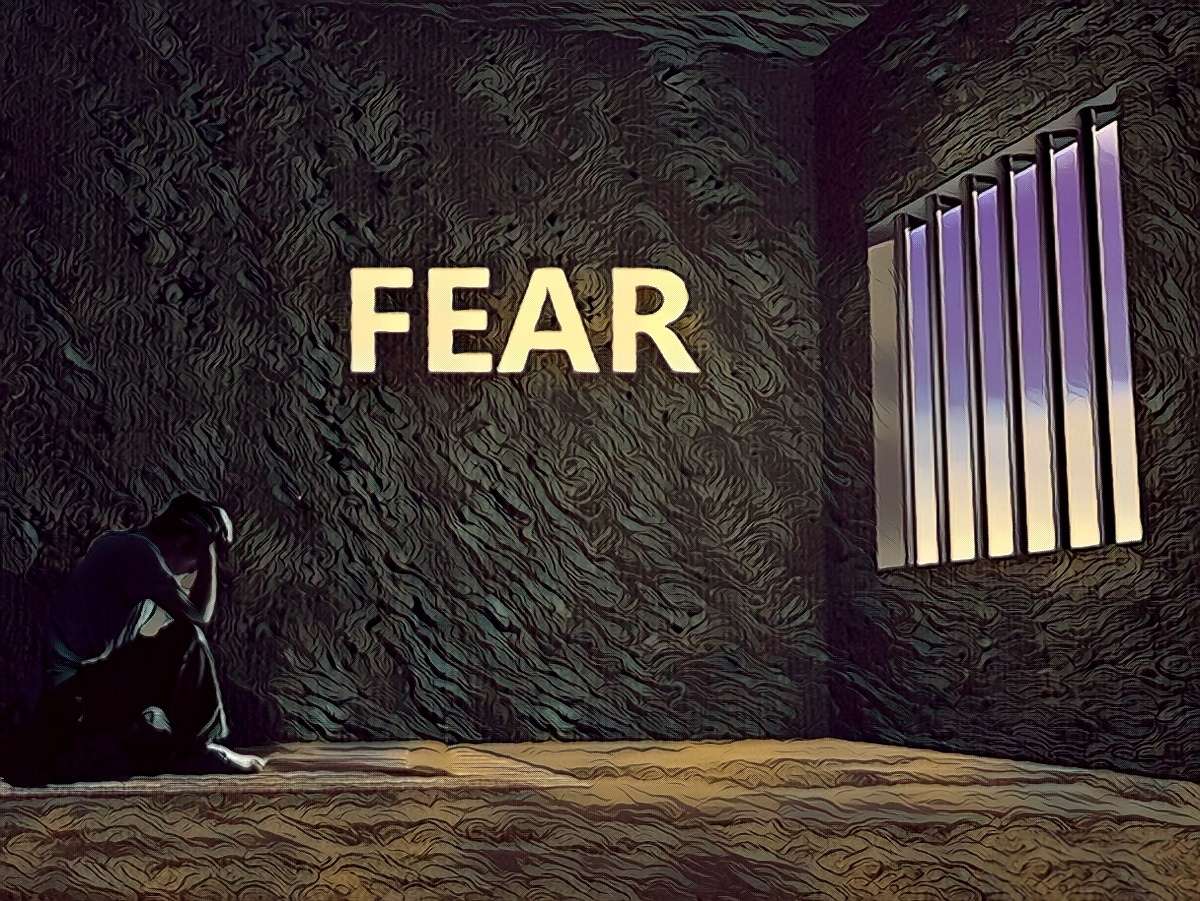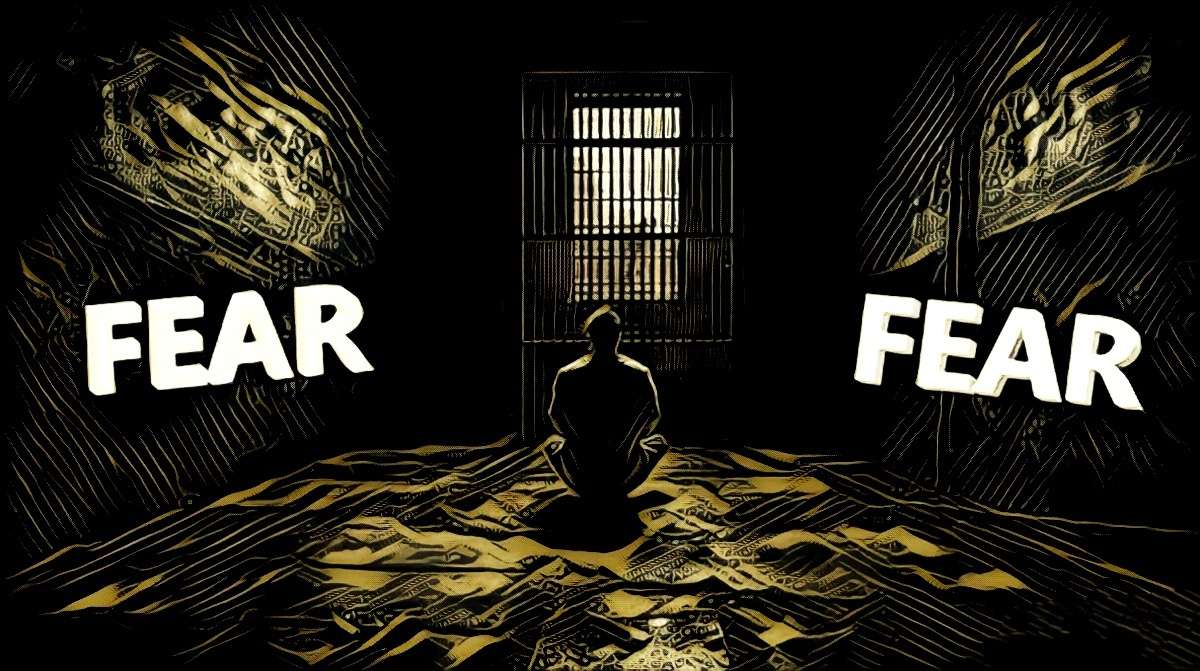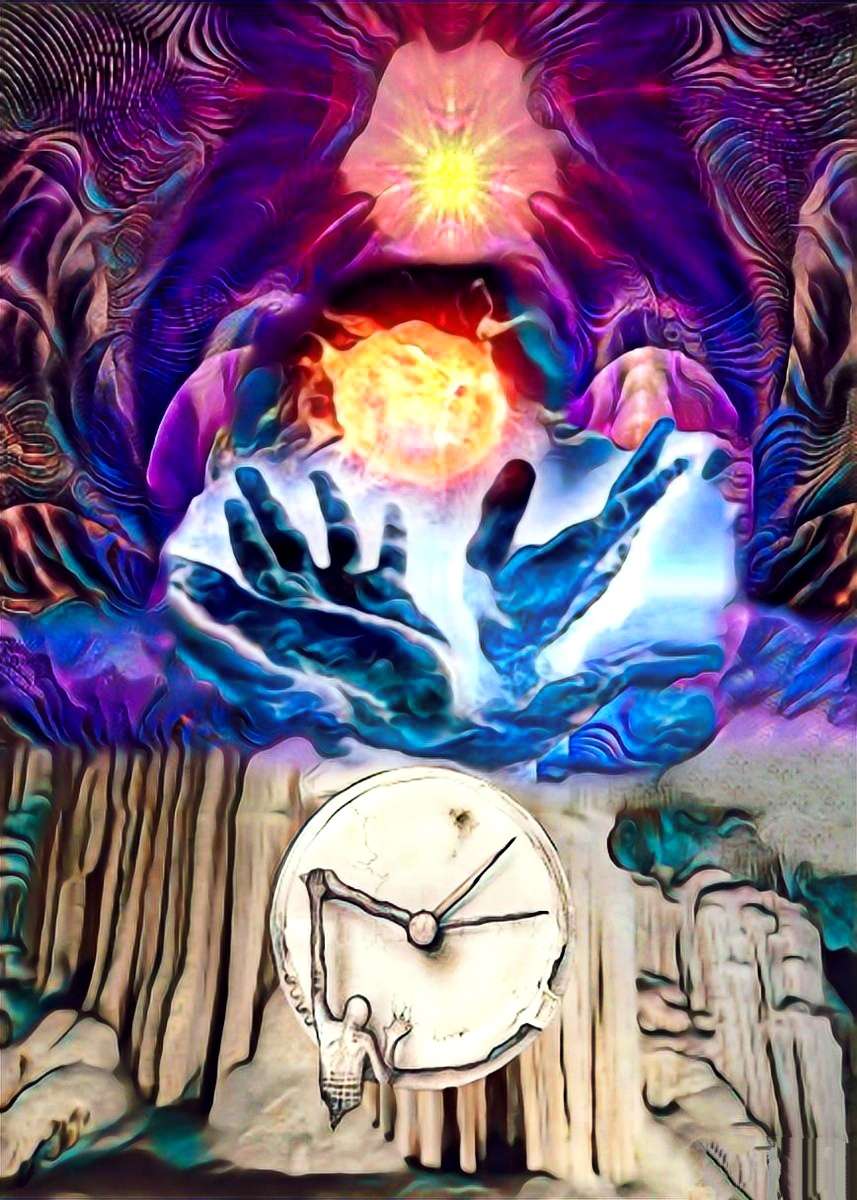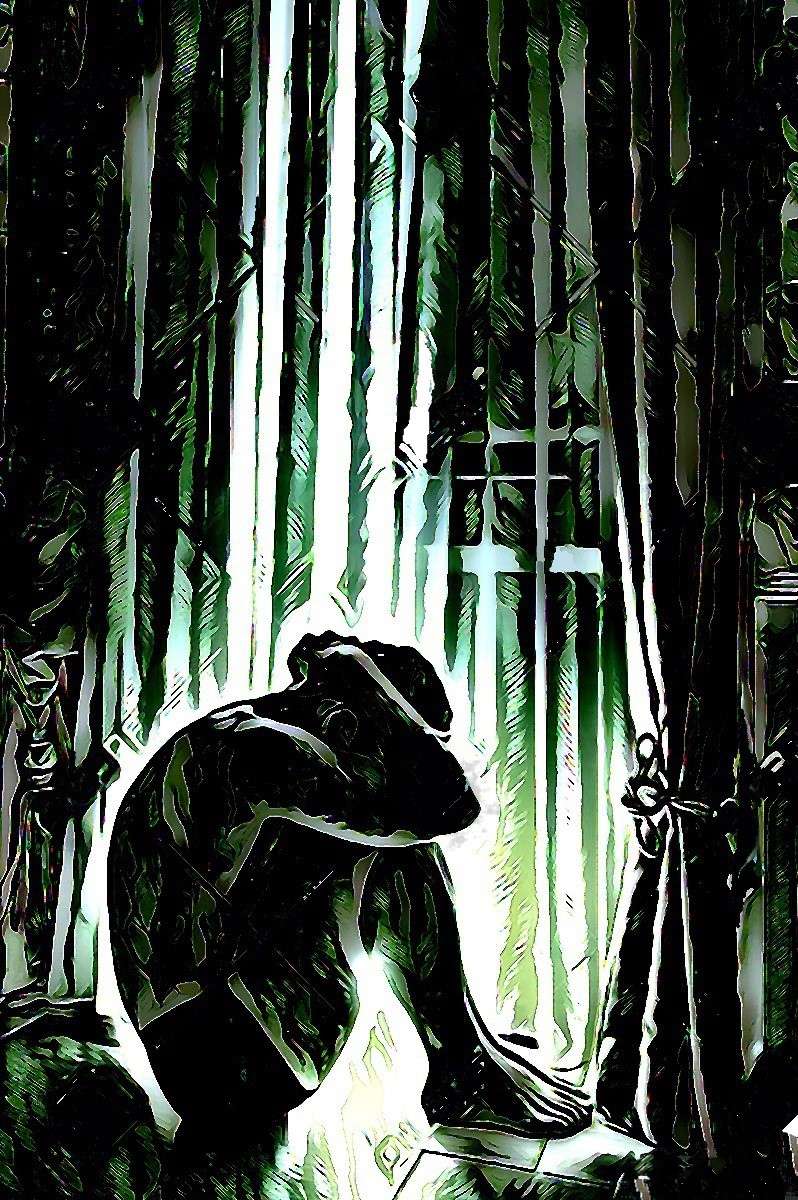
Throughout history, unfortunate events have taken place where large groups of people faced terrible violence. These moments are often referred to as massacres, and they leave a lasting mark on our collective memory. While it may be difficult to discuss, understanding the reasons and the lessons from these tragic incidents is essential. Here, we will explore five infamous massacres that remind us of the significance of peace and tolerance.
1. The St. Bartholomew’s Day Massacre
Overview
In August 1572, France was gripped by religious conflict between Catholics and Protestants (Huguenots). The tension reached a boiling point during what is now known as the St. Bartholomew’s Day Massacre. Following the wedding of a prominent Protestant leader, thousands of Huguenots were murdered in Paris.
Impact
This event signified a devastating turning point in the French Wars of Religion. The massacre not only led to the loss of countless lives but also deepened the divide between the two religious factions in France, affecting relationships for generations.
“The St. Bartholomew’s Day Massacre remains a testament to the destructive power of intolerance.”
2. The Boston Massacre
Overview
March 5, 1770, is a date seared into American history. Tensions were high in colonial Boston, with British soldiers stationed in the city. A confrontation led to British troops firing into a crowd, killing five civilians.
Impact
This tragic event fueled anti-British sentiments and played a significant role in the lead-up to the American Revolution. The phrase “No taxation without representation” gained momentum, highlighting the colonists’ frustrations and desires for autonomy.
- The Boston Massacre is often depicted in art and literature, underlining its role in galvanizing a nation towards independence.
3. The My Lai Massacre
Overview
On March 16, 1968, during the Vietnam War, American soldiers killed between 347 and 504 unarmed South Vietnamese civilians in the hamlet of My Lai. The event showcased the horrors of war and raised profound ethical questions regarding military conduct.
Impact
The My Lai Massacre was a turning point in public opinion about the Vietnam War. Reports and imagery of the massacre shocked many and led to protests against the war effort in the United States. It highlighted the need for accountability and stricter rules of engagement for armed forces.
“The My Lai Massacre remains a powerful reminder of the importance of humanitarian principles during conflict.”
4. The Wounded Knee Massacre
Overview
The Wounded Knee Massacre took place on December 29, 1890, in South Dakota. This tragic event involved the killing of over 250 Lakota Sioux by U.S. troops during a confrontation.
Impact
Wounded Knee is often considered the end of the Indian Wars in the United States and embodies the struggle faced by Native Americans. It serves as a symbol of the impact of U.S. expansionist policies and the tragic consequences on indigenous populations.
- Memorials and events today celebrate the lives lost and promote awareness about Native American rights and history.
5. The Nanjing Massacre
Overview
The Nanjing Massacre occurred in 1937 during the Second Sino-Japanese War. Over a period of six weeks, Japanese troops killed an estimated 200,000 to 300,000 Chinese citizens and disarmed soldiers, inflicting widespread atrocities including rape and torture.
Impact
This event had a lasting effect on Sino-Japanese relations and the collective memory of those affected. The Nanjing Massacre continues to be a sensitive topic and serves as a reminder of the deep scars left by war.
“Acknowledging events like the Nanjing Massacre is crucial for reconciliation and understanding in international relations.”
Each of these massacres reflects humanity’s darker chapters, emphasizing the importance of learning from our past. By acknowledging these painful moments, we can strive for a future where understanding, cooperation, and peace reign. Understanding history not only informs our perspective but also reminds us to advocate for harmony in our own communities. Let’s cherish and promote peace, ensuring that such tragedies do not repeat themselves.

